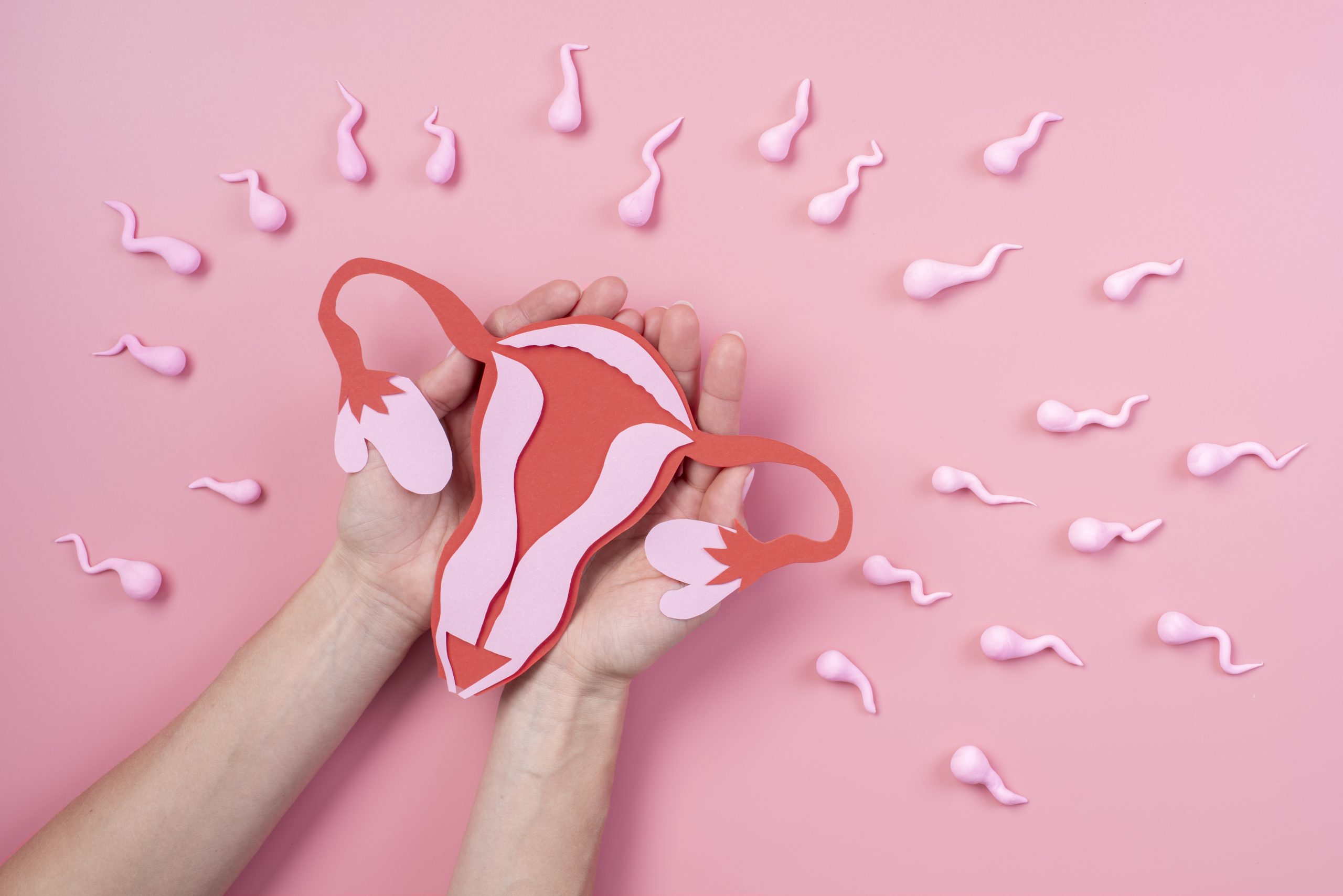Intrauterine insemination (IUI) is a popular fertility treatment offering hope for couples experiencing infertility. Following IUI, many people eagerly look for early signs of success. Recognizing IUI success symptoms day by day can help alleviate anxiety and better understand the changes in the body. IUI involves inserting sperm directly into the uterus to increase the likelihood of fertilization. While every individual’s experience is unique, and symptoms can vary widely, understanding the general timeline can be helpful.
IUI Success Symptoms Day by Day
Below is a general timeline of what some people may experience post-IUI:
- Day 1-2: Minimal symptoms. It’s too early for implantation. Some may feel slight cramping from the IUI procedure itself.
- Day 3-5: Possible mild cramping, bloating, or spotting as the fertilized embryo begins its journey to implant in the uterus.
- Day 6-10: Implantation might occur, causing mild cramps, slight spotting (implantation bleeding), and increased fatigue.
- Day 11-14: Rising hormone levels may lead to early pregnancy symptoms such as nausea, tender breasts, and frequent urination. A pregnancy test is typically taken around this period.
Common Symptoms of IUI Success
Some individuals may experience the following symptoms after IUI:
- Mild Cramping: Similar to menstrual cramps, this may occur a few days post-IUI due to implantation.
- Spotting: Also known as implantation bleeding, light spotting may occur around 6-12 days after IUI.
- Fatigue: Hormonal changes, particularly increased progesterone levels, can lead to tiredness.
- Breast Tenderness: Rising hormone levels may cause sore or sensitive breasts.
- Mood Swings: Emotional fluctuations due to hormonal changes are common.
- Nausea: Morning sickness might start as early as 10 days post-IUI but typically appears later.
When to Test for Pregnancy After IUI
It is advisable to wait approximately 14 days post-IUI before taking a home pregnancy test. Testing too early may result in a false negative due to low hCG levels.
Key Factors Influencing IUI Success Symptoms
Several factors can influence post-IUI symptoms and the chances of success:
- Age: Women under 35 tend to have higher success rates.
- Health and Lifestyle: A balanced diet, regular exercise, and avoiding smoking can positively impact success.
- Fertility Health: Conditions like PCOS or endometriosis may affect IUI success and symptoms.
- Hormonal Medications: Medications like Clomid or gonadotropins may cause symptoms similar to early pregnancy signs.
Recognizing IUI Success: Symptoms vs. Side Effects
It’s crucial to differentiate between actual pregnancy symptoms and side effects of fertility medications:
- Progesterone Effects: Medications can cause bloating, fatigue, or breast tenderness, often mimicking pregnancy symptoms.
- Ovarian Hyperstimulation Syndrome (OHSS): In rare cases, medications can lead to OHSS, causing symptoms like abdominal pain, bloating, and nausea. Severe symptoms require medical attention.
Signs to Contact Your Doctor
While most symptoms are mild, the following could indicate complications and should be addressed by a healthcare professional:
- Severe abdominal pain
- Heavy bleeding (beyond typical spotting)
- High fever
- Severe bloating or nausea
How to Increase Your Chances of a Successful Pregnancy After IUI
Optimizing the chances of success after IUI involves:
- Healthy Diet & Hydration: Nutrients like folic acid, iron, and omega-3 fatty acids support reproductive health.
- Regular Physical Activity: Moderate exercise like walking or yoga can help maintain hormonal balance.
- Avoiding Harmful Substances: Smoking, alcohol, and excessive caffeine should be avoided.
- Managing Stress: Techniques like meditation, deep breathing, and emotional support can reduce stress.
- Following Medical Guidance: Taking prescribed hormones as directed supports implantation and early pregnancy.
- Timing and Cycle Monitoring: Using ovulation kits and working with a fertility specialist ensures optimal timing for IUI.
- Partner’s Role in Fertility: Men can improve sperm quality by maintaining a healthy lifestyle and avoiding excessive heat exposure.
Conclusion
Experiencing IUI success symptoms can be exciting and nerve-wracking. While some may notice symptoms day by day, others may not experience noticeable signs until a confirmed positive pregnancy test. Understanding what to expect and following medical and lifestyle recommendations can help improve the chances of a successful IUI journey.

